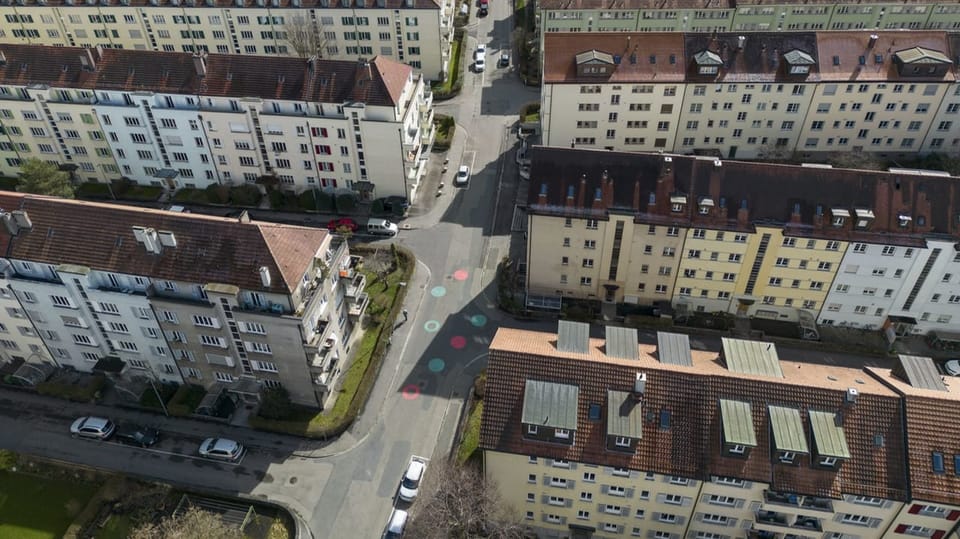Housing and building land too scarce – cities want pre-emption rights

Two-thirds of cities and urban municipalities have too little housing. They cite a lack of building land as the most important reason and see a right of first refusal for land as a possible solution. This and more emerges from a current housing policy survey conducted on behalf of the Federal Office of Housing (BWO) and the Swiss Association of Cities (SSV) at the end of 2022.
The aim of the survey was to understand the housing situation in the cities and urban municipalities and to gain up-to-date insights into housing policy activities. For this purpose, the consultancy firm Wüest Partner had asked the 130 members of the Association of Cities and Towns from November to December 2022. 59 cities took part in the survey.
Too few affordable flats – even in smaller cities
The survey confirms on the one hand that affordable housing is an important housing policy concern of the cities. On the other hand, it underlines the problem that is currently dominating the public debate: The supply of available housing is very scarce. Around two-thirds of the cities rate it as “far too small” or “somewhat too small”. In addition to housing offers in the lower price segment, there is also a lack of opportunities for home ownership.
The lack of low-priced housing primarily affects households with children, especially single-parent households. The situation in the large cities with more than 50,000 inhabitants is perceived as particularly tense. But smaller cities also consider the housing supply in this segment to be insufficient.
There isa lack of building land and it is too expensive
68 per cent of the cities surveyed state that they give away land in building rights, linking this to conditions such as favourable rents. The aim is to create more affordable housing.
More than 80 percent of the cities also state that they have too few building land reserves. Many would like to buy up more land. However, this is often unrealistic due to the high market prices. A good half cite the long and often complicated procedures as well as a lack of interest from private investors as factors that make it difficult to create affordable housing.
There is a need for action
60 percent of all cities surveyed see a “high” or “very high need for action” at the federal policy level. Around 70 per cent of the medium-sized and large cities share this view. As a possible solution, the respondents most frequently named a right of first refusal for building land and properties (80 per cent).
Almost 70 per cent of the respondents also believe that rents can be reduced if the previous rent is made transparent when a tenant changes hands. The cities assess their own possibilities to influence the housing market as rather low. The cities see the greatest possibilities for exerting influence in the promotion of non-profit housing construction.
The Association of Cities will use the findings of the report as an opportunity to formulate measures and demands. Furthermore, on 12 May, a round table chaired by Federal Councillor Guy Parmelin will address the issue of housing shortages. Among others, representatives of the cantons, cities and municipalities as well as the construction and real estate industry are invited.